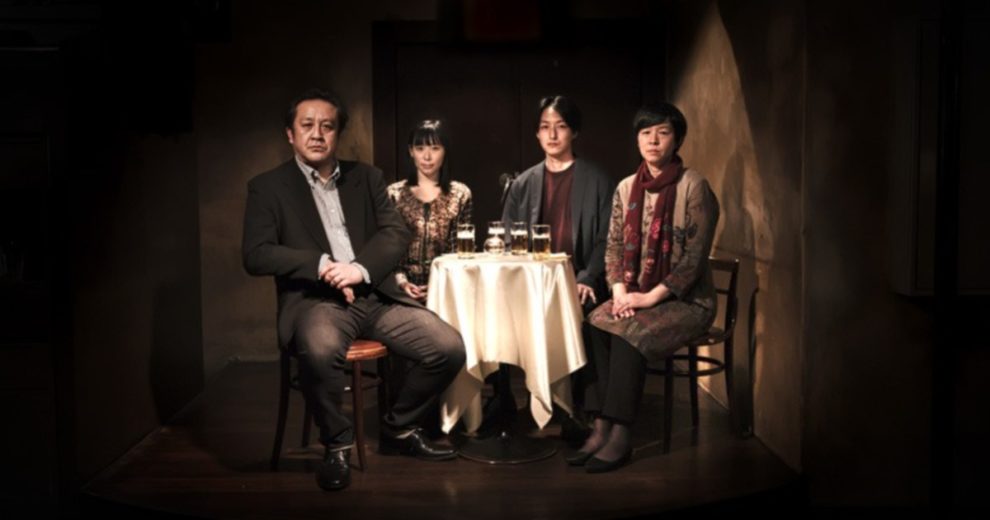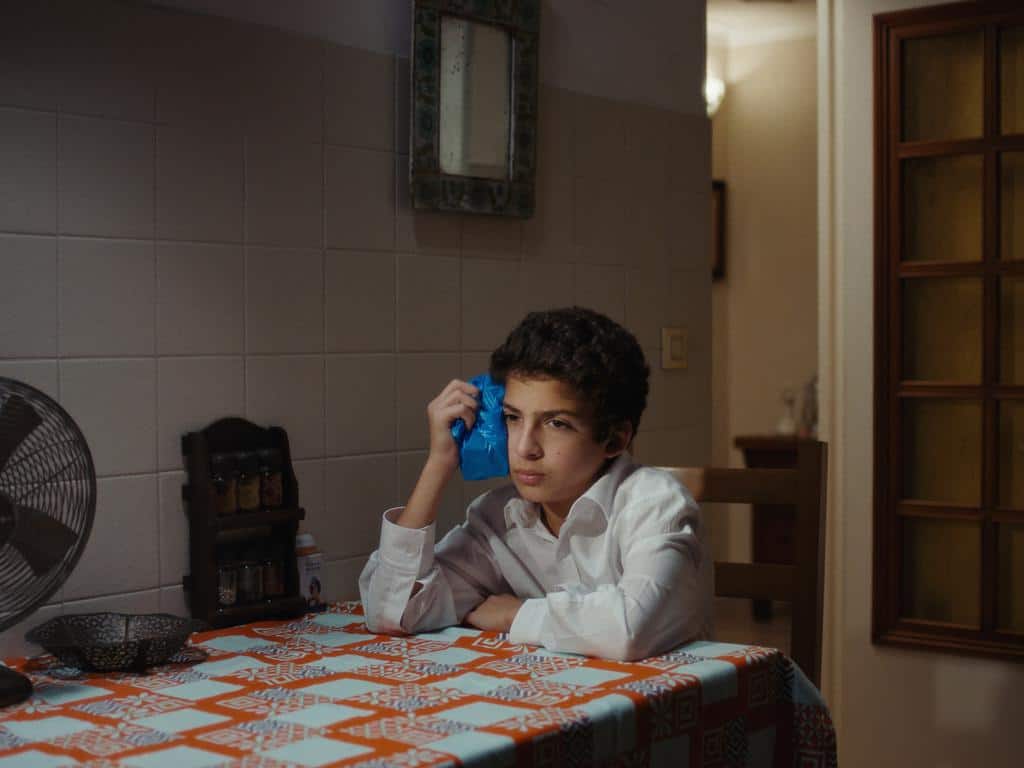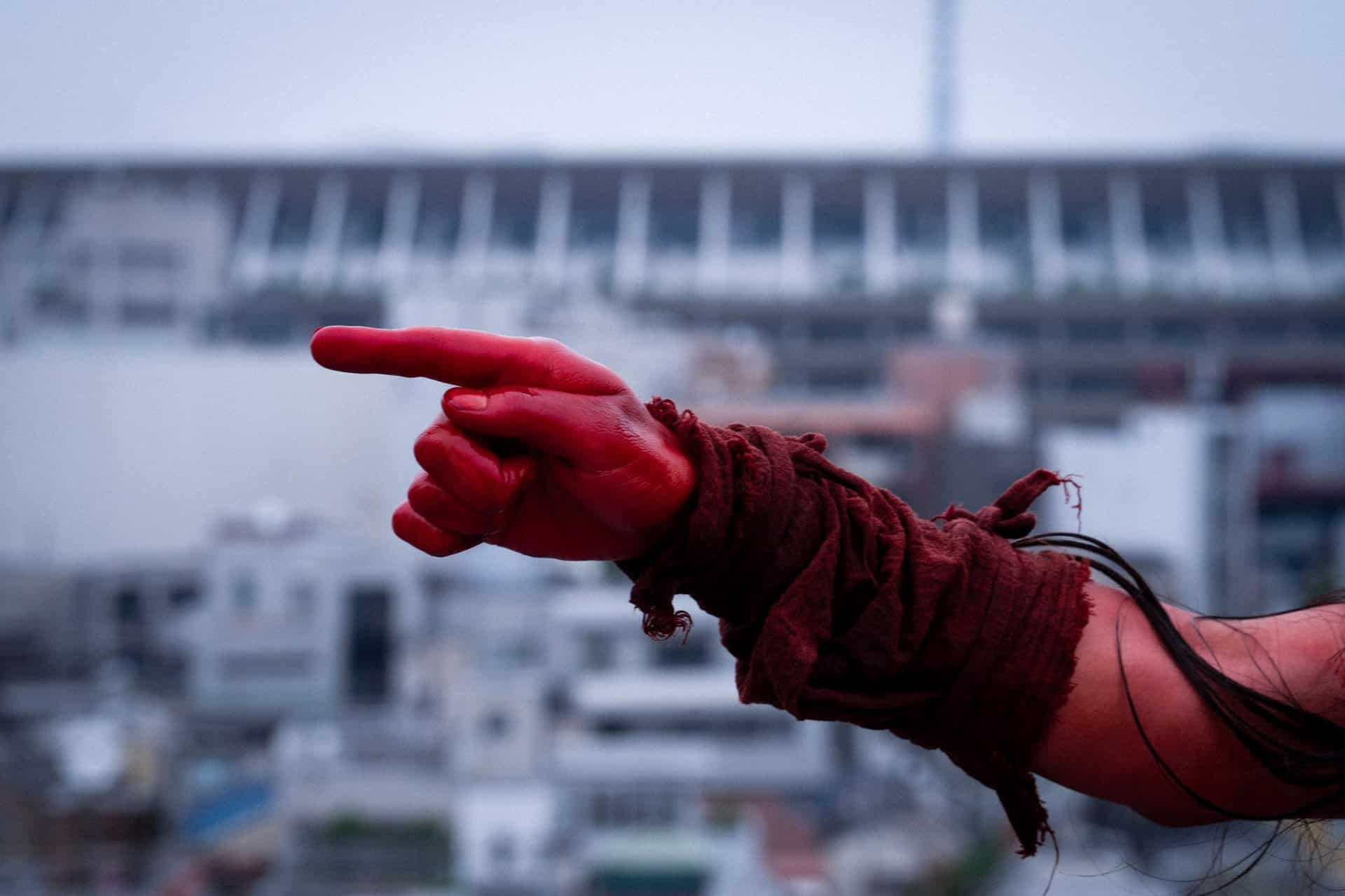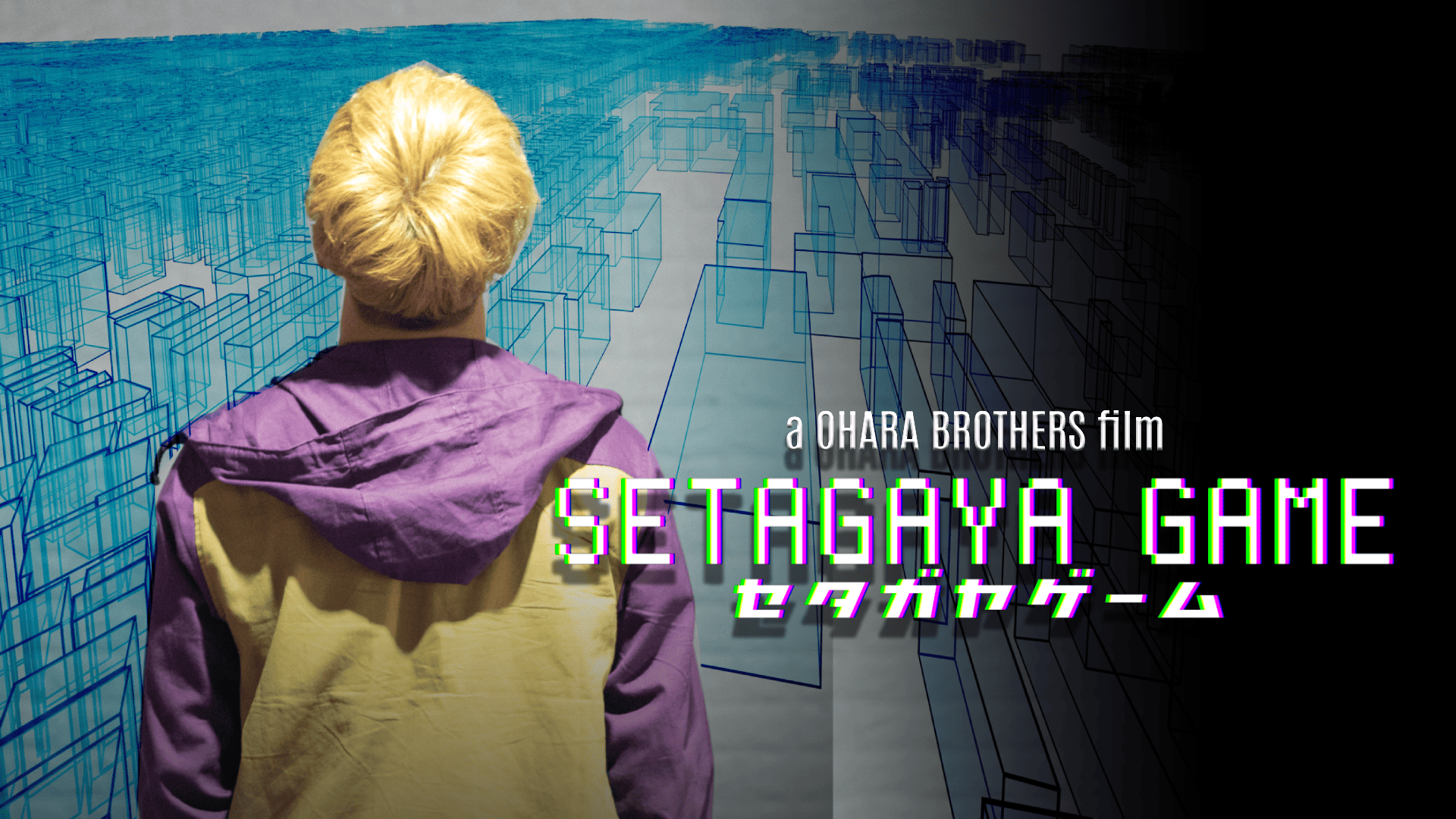The pressure young couples feel to have children, which most of the time derives from their parents, is an issue that has been repeatedly dealt with in Japanese cinema, with films like the recent “A Man in God's Country” highlighting the concept quite eloquently. Kenji Yamauchi, in his fourth film, which premiered in Tokyo FIlmex this month, also deals with this issue, through an approach, however, that is much more pointed than the norm.
“Dawning on Us” is available from Article Films
Sara and her husband, Kosuke, have been living in the house of the latter's parents since the pandemic hit Japan, something that has completely ruined their sex life, although not as much as the pressure to have a kid Kosuke's mother has been placing on the couple. At the same time, Kosuke is having an affair with a woman from his office and Sara knows about it, while her father-in-law seems to be a bit too eager to have drinks with her. Things pick up when Sara is reinstated in her former job, but just around that time, Kosuke is transferred to Kobe.
Kenji Yamauchi retains some of the stage-play premises his previous films included, although not to the degree “At the Terrace” exhibited. In that fashion, the movie is dialogue-oriented, although a number of episodes, which occasionally border on the surrealistic, as in the case with the appearance of the mistress, are also present. This approach helps significantly in the presentation of his social and somewhat philosophical comments, the majority of which seem to put a direct accusation to the previous generation of Japanese people, particularly regarding the pressure young couples feel to have children.
In that fashion, Yamauchi seems to state this wish to have grandchildren is a rather self-centered and egoistic one, with the grandparents essentially wishing to be parents again, and realizing they cannot physically, channelling this wish to their children, without even caring if they are willing to do so. This need eventually borders on paranoia in the movie, with the mother-in-law even suggesting that she would like to be a mother again, highlighting, thus, the aforementioned comment in the most eloquent fashion. Granted, that she sees all her daughter's friends having children does a number on her, but although providing an excuse, this fact does not justify neither her overall mentality nor her individual actions.
In this setting, her husband appears as the voice of reason on occasion, but the fact that he wants to relive his youth also comes to the fore, by the way he interacts with his daughter-in-law. Through his, and Kosuke's ways, Yamauchi also makes a comment about the need of men to flirt, which occasionally, can lead to paths of unfaithfulness, thus presenting another pointed critique in the movie.
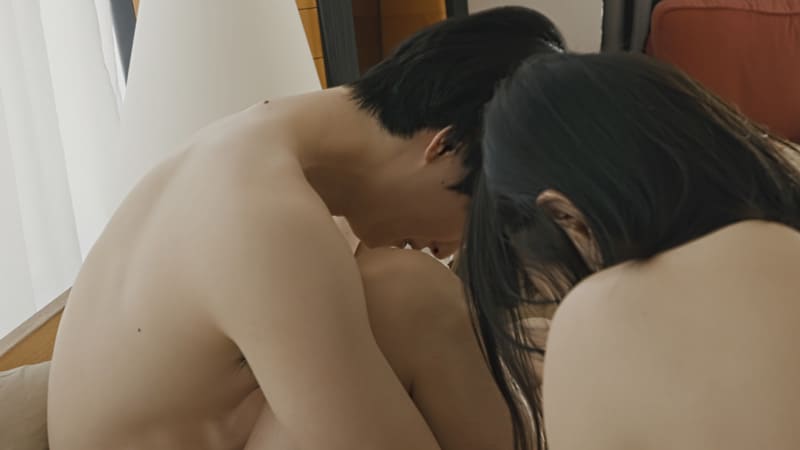
The pressure couples as the protagonists of the story feel in order to have children is intensified even more by the quarantine/lockdown measures, with Yamauchi stressing the fact by having them live in a tiny bedroom inside the house of Kosuke's parents. In that fashion, that the couple is having relationship and sexual issues is no surprise at all, somewhat justifying their need for a way out, despite the fact that they both channel it through rather bad choices. In that setting, Sara's efforts to “convince” Kosuke to have sex (and have children) seems quite desperate, which somewhat justifies the number of times she gets naked throughout the movie.
Contextually, “Dawning on Us” is rather interesting, with the way Yamauchi manages to induce moments of humour in the narrative working very well for the narrative, also in entertainment terms. At the same time, the film seems to suffer from the most dominant issue of modern Japanese cinema, since, at 135 minutes, definitely overextends its welcome, also because the production values are not of the highest level, while a number of episodes and scenes seem either too long for no apparent reason, or even completely unnecessary on occasion.
On the other hand, the acting is on a high level. Ami Chong as Sara is excellent in showing her inner struggle and eventual despair, while she also looks quite sensual naked, a fact that Yamauchi “exploits” repeatedly in the movie. Takuma Izumi is also convincing as Kosuke in the ways he reacts to the pressure he receives from everyone around him. The one who steals the show, however, is Akiko Ishikawa in the role of the mother-in-law, with her exhibiting a behaviour that borders on the paranoid, essentially as a rather sad character, particularly after she dyes her hair in the story.
“Dawning on Us” has its faults, especially regarding its cinematic aspect, but the very intelligent and interesting comments, along with the acting, actually carry it beyond its shortcomings.


